- 2025/03/31
Global Business Support News #7
Fukuoka’s Startup Scene Unveiled: October Event Highlights and Essential Real Estate Advice
Ramen Tech 2024: Celebrating Innovation and Global Connectivity in Fukuoka
Held from October 9th to 10th, Ramen Tech 2024 was a landmark event that spotlighted Fukuoka’s dynamic startup ecosystem, drawing together technology, entrepreneurship, and local culture. This year’s event set a high standard with its engaging program of seminars, pitch contests, and keynote presentations, establishing Fukuoka as a pivotal innovation hub. Attendees experienced an immersive blend of thought leadership, networking opportunities, and culinary delights that underscored Fukuoka’s unique role in Japan’s entrepreneurial landscape.
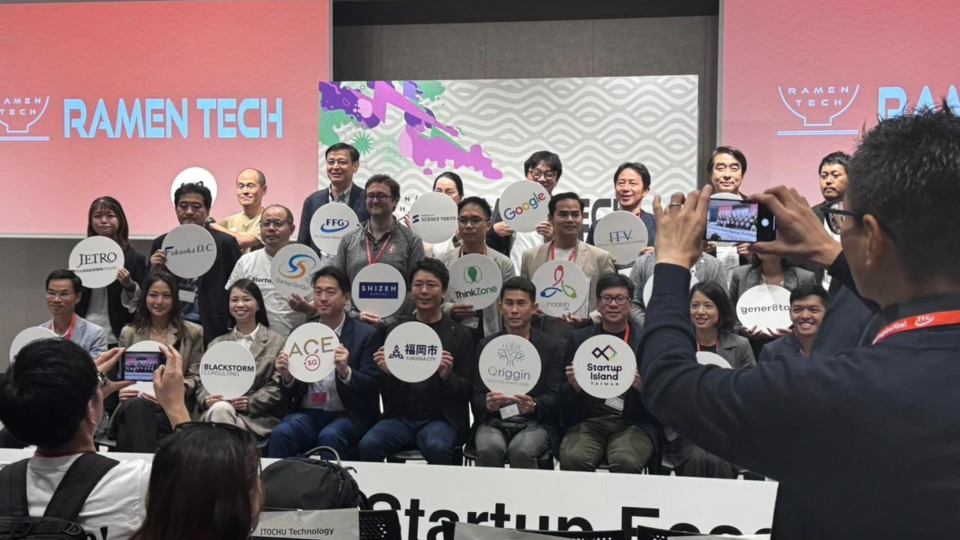
One of the most striking aspects of Ramen Tech 2024 was its commitment to fostering global connections. The event featured a diverse lineup of international participants and a dedicated space for cross-border collaborations. Keynote sessions brought insights from global leaders in technology and business, and multiple networking opportunities provided a platform for participants to explore new ideas and partnerships.
In addition to its robust content, the event’s setting emphasized Fukuoka’s vibrant culture. Attendees enjoyed a unique fusion of business and lifestyle experiences, from ramen tasting booths to immersive workshops, making Ramen Tech not just a technology conference but a cultural exchange. The international presence, complemented by Fukuoka’s local flavors and traditions, created a memorable atmosphere that bridged global business insights with Japanese cultural richness.
Supporting the event’s international outlook, the Global Business Support (GBS) team played an essential role in amplifying Ramen Tech’s global connectivity. At their on-site consultation booth, GBS engaged with visitors, promoting Fukuoka’s potential as a business destination. The GBS team also served as Master of Ceremonies (MC) during the pre-event, fostering an inclusive environment for the diverse audience.
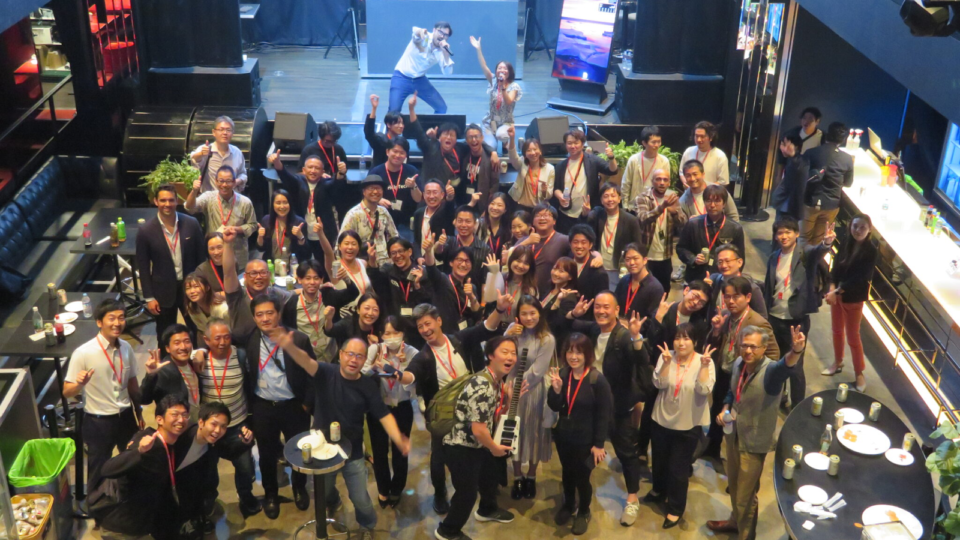
To further support cross-cultural exchanges, GBS facilitated one-on-one meetings with Gener8tor, a U.S.-based accelerator, by providing interpretation and translation services. Additionally, GBS coordinated the participation of international entrepreneurs in the Myojo Waraku segment, contributing to the international reach of Ramen Tech 2024. Through these activities, GBS reinforced Fukuoka’s position as an accessible and attractive destination for global entrepreneurs.
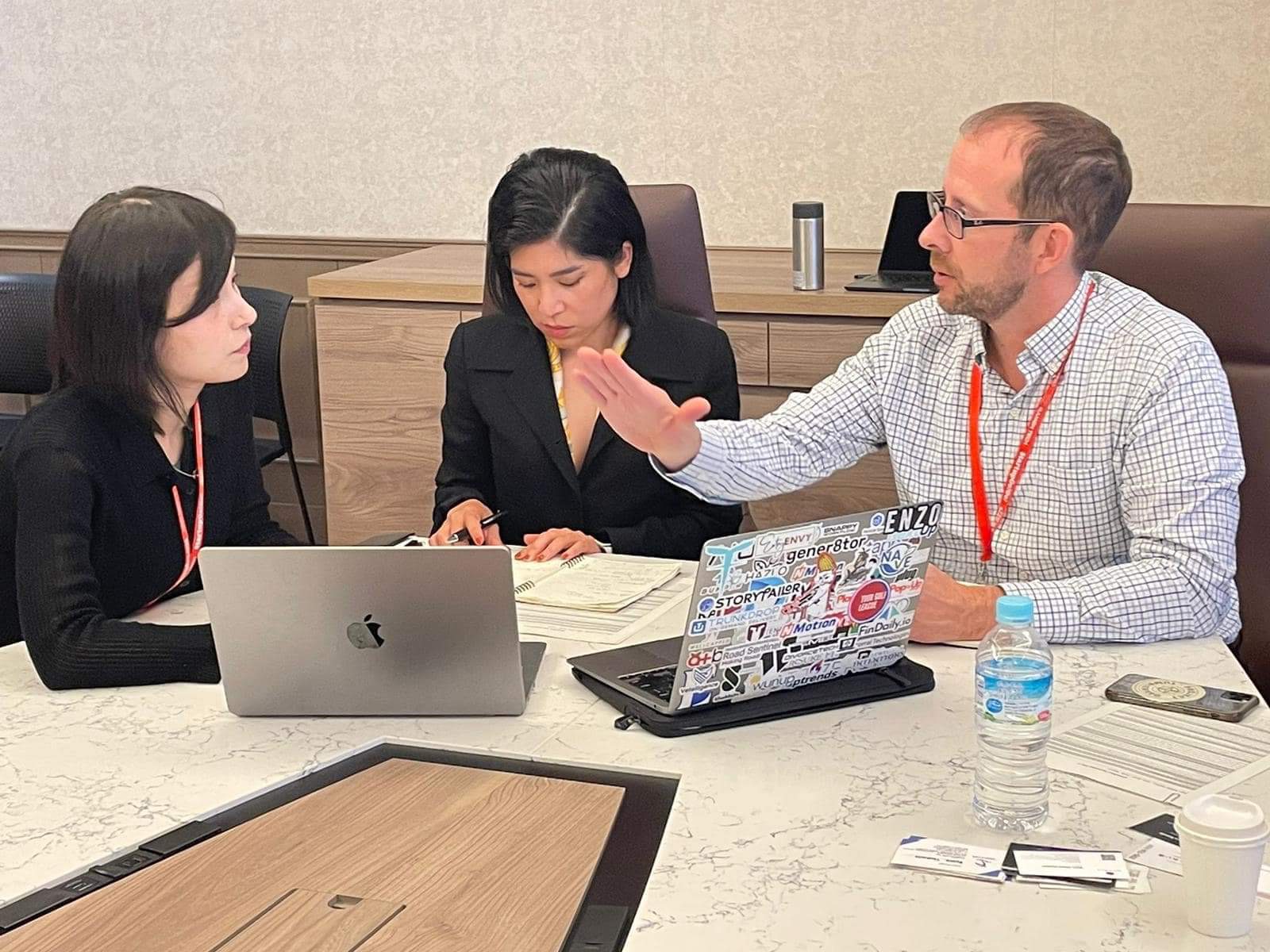
With its well-rounded programming and strong emphasis on international collaboration, Ramen Tech 2024 strengthened Fukuoka’s reputation as a forward-looking city where global startups can thrive. The event underscored Fukuoka’s commitment to innovation, inclusivity, and cultural exchange, leaving a lasting impression on both local and international participants.
Introduction to Real Estate Conditions for Foreign Startups
Interview Date: September 30, 2024
Interview Corporation : Miyoshi Fudosan
We hope this report will provide useful insights into Japan’s unique and Fukuoka City’s real estate conditions for those considering starting a business in Japan, helping them choose Fukuoka as a base for their operations.
Overview
First, we will introduce the key aspects of Japan’s rental housing customs and circumstances that you should be aware of. One unique condition in Japan’s rental agreements is a fee known as “reikin” (key money).
Ohhori Park
Reikin (Key Money)
This is a non-refundable payment made to the property owner as a gesture of thanks, distinct from the security deposit.
| Security Deposit | Reikin (Key Money) | |
| Purpose | Similar to a security deposit; held as collateral for restoring the property to its original condition upon move-out | A token of gratitude to the landlord, paid alongside the security deposit |
| Refund | The amount minus repair costs is refunded | Non-refundable |
| Marker Rate | Equivalent to 1-2 months’ rent | ditto |
Screening Process
There are two screening processes when renting; e.g. one by the landlord who owns the building and another by a third-party rent guarantor company.
The following documents are typically required during this screening process:
– Passport
– Residence Card (or Certificate of Eligibility if applying before arrival)
– Company Registration Certificate
– Business Plan (in Japanese)
– Presence of a Guarantor
– Emergency Contact (preferably a local resident of Japan)
– Japanese mobile phone number
– Job Offer Letter (if you’ve secured a job)
Rental contracts are usually for 1-2 years, so it’s generally difficult to secure a long-term apartment lease within the six-month period allowed by the Startup Visa. A recommended process is to stay in a monthly rental apartment or hotel for the first six months. During that time, you can evaluate your business potential, work on extending your visa, and begin searching for a two-year lease property around the fifth or sixth month for a long-term stay.
| Monthly Rental Apartment | Standard Lease | |
| Contract Period | Monthly (no early termination) | 2 years (early termination possible) |
| Payment | Credit card payment or upfront lump sum | Automatic debit from a Japanese bank account |
| Guarantor Screening | Not required | Required |
| Location | Typically within walking distance of train stations | No restrictions |
| Furnishings | Furnished with TV, refrigerator, washing machine, microwave, stove, bed, internet, lights, curtains, etc. | Not furnished |
Note:
In Japan, a “mansion” refers to a reinforced concrete apartment building, while “apartments” often refer to wooden structures. Rental properties in Japan rarely come with furniture or appliances, which need to be purchased by the tenant. It’s recommended to buy second-hand items to save money. The agent’s brokerage fee is generally equivalent to one month’s rent plus consumption tax.
Courtyard of FGN
Right side : FGN building
Left side : Daimyo Garden Office & Ritz-Carlton Hotel Fukuoka
Tips
Due to cultural differences, foreigners in Japan sometimes encounter issues with neighbors. Most of these issues arise from the following, which are not exclusive to Fukuoka but apply across Japan. Knowing about these beforehand can help you enjoy a harmonious life in Japan.
Garbage Disposal
Garbage must be sorted and placed in designated bags at designated times and locations. These bags can be purchased at convenience stores.
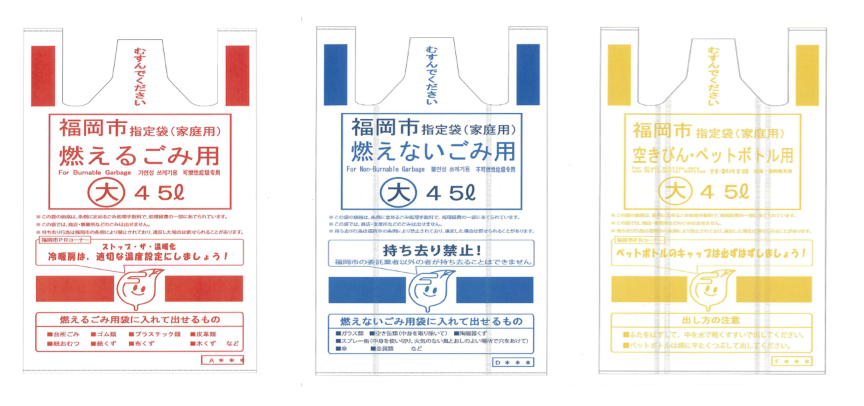
Red: Burnable waste Blue: Non-burnable waste Yellow: Bottles and PET bottles (with caps removed)
Neighbor Relations
There’s an old Japanese saying, “mukou san gen ryou donari,” meaning “the three houses across and the two houses beside.” It is considered polite to establish relationships with these five households. When moving, it’s customary to greet your neighbors.
In addition to greetings, cleaning in front of your home, extending beyond property lines to include part of your neighbors’ areas, is seen as courteous. Playing loud music late at night, for example, is unacceptable.
Good relations with neighbors can result in benefits like them holding your mail during absences, sharing food, or exchanging gifts when you return from trips.
When Moving Out
One common point of conflict when moving out is the cleanliness of the apartment. Some may think that since the security deposit will cover cleaning and repairs, they can leave the place dirty. However, this is not acceptable in Japan. The phrase “tatsu tori ato o nigosazu(立つ鳥跡を濁さず)” (a departing bird does not muddy the water) means that one should leave without leaving a mess behind, symbolizing grace in departure.
It is a matter of basic etiquette, not just about the money involved in the security deposit.
Registering Your Company Address at Your Residence
There are disadvantages, in terms of taxes and insurance, to using your residence as your company’s registered address. We recommend that you consult a professional and avoid using your residential address for company registration. One benefit of Fukuoka Growth Next is that you can use its address for company registration.
Mobile Phone Contract
If you want to set up an internet connection at your residence, mobile phone companies offer bundled services. A local Japanese mobile phone contract is essential as it serves as the contact point during the rental screening process. You should decide whether to obtain a Japanese mobile contract within six months of your arrival to facilitate both visa extension and rental contract procedures.
Required Documents
If you plan to stay in a monthly rental apartment for the first six months under the Startup Visa, no specific documents are needed prior to arrival. However, if you plan to move to a two-year rental agreement afterward, the following documents are required:
– Identification (passport, residence card)
– Stamp (company stamp, personal seal)
– Mobile phone
– Bank account
– Company registration certificate
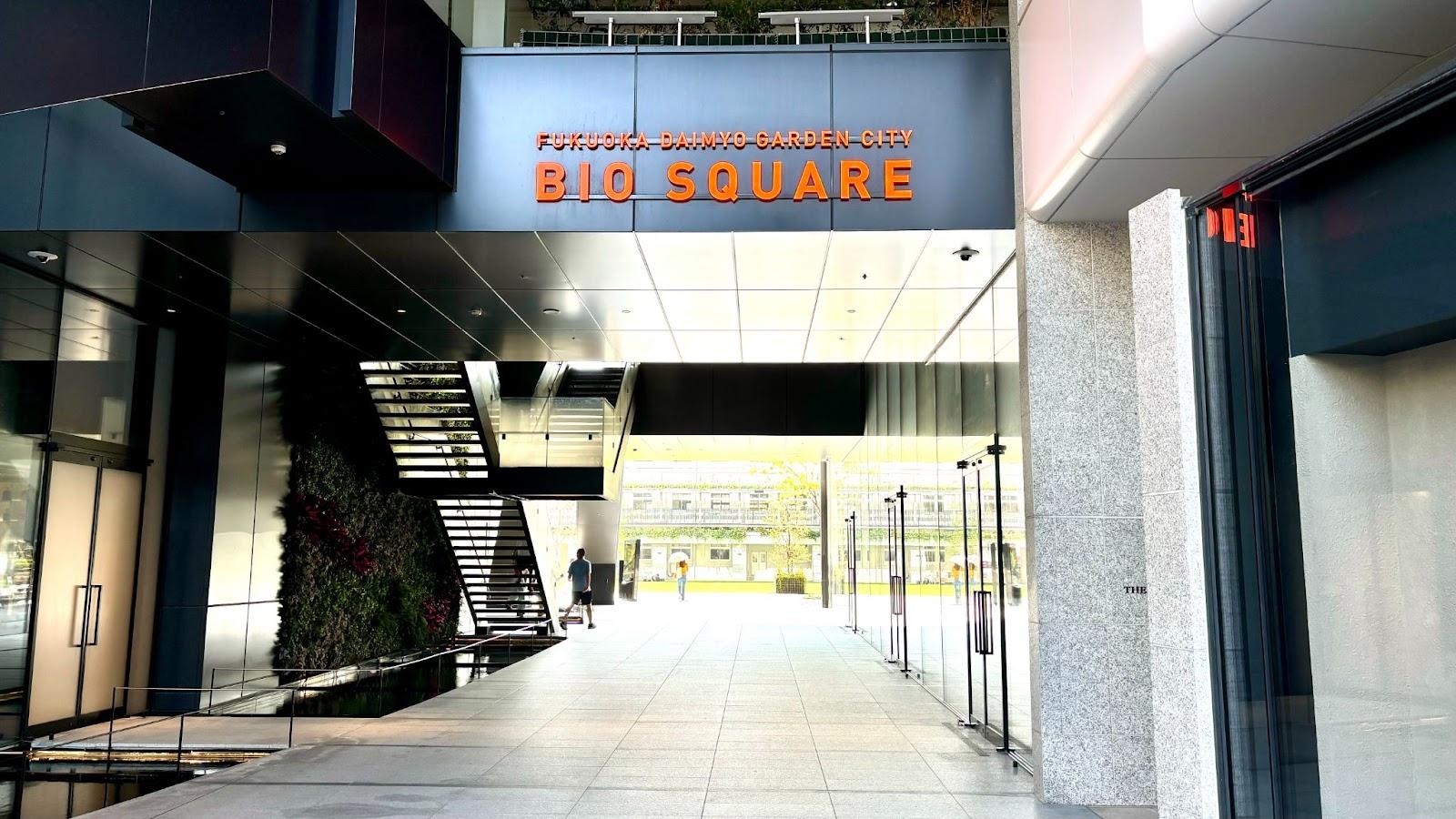
Fukuoka Daimyo Garden City:B10 SQUARE
You can see FGN building at the center beyond the courtyard
Standard Process
1.1 Monthly Rental Apartment
1, Property introduction
2, Property selection and decision
3, Application process
4, Fill out application form and submit passport
5, Screening
6, Finalize contract and make payment
7, Move-in (receive keys)
1.2 Standard Rental
1, Property introduction
2, Viewing
3, Property selection and decision
4, Fill out application form and submit necessary documents
5, Screening (rent guarantor company & landlord screening)
6, Payment
7, Move-in
8, Set up electricity, water, gas, internet
9, Purchase furniture and appliances (measure room size)
10, Move-in (receive keys)
Fukuoka Area per ward
| Area | Merits | Demerits |
| Chuo ward | Good access, many commercial facilities and restaurants | Few vacancies, high rent, few properties with parking |
| Hakata ward | Good access, many properties for singles due to office district | Noise from airplanes due to proximity to airport, high rent within walking distance of Hakata Station |
| Sawara ward | Popular with families, educational district with international schools | High rent in popular seaside areas like Nishijin and Momochi |
| Nishi ward | Abundant nature | Few properties for singles, high rent |
| Higashi ward | Many properties, low rent | Weak access to Tenjin, many students |
| Minami ward | Popular with both singles and families | Weak access to Hakata |
| Johnan ward | Many properties, low rent | Many students |
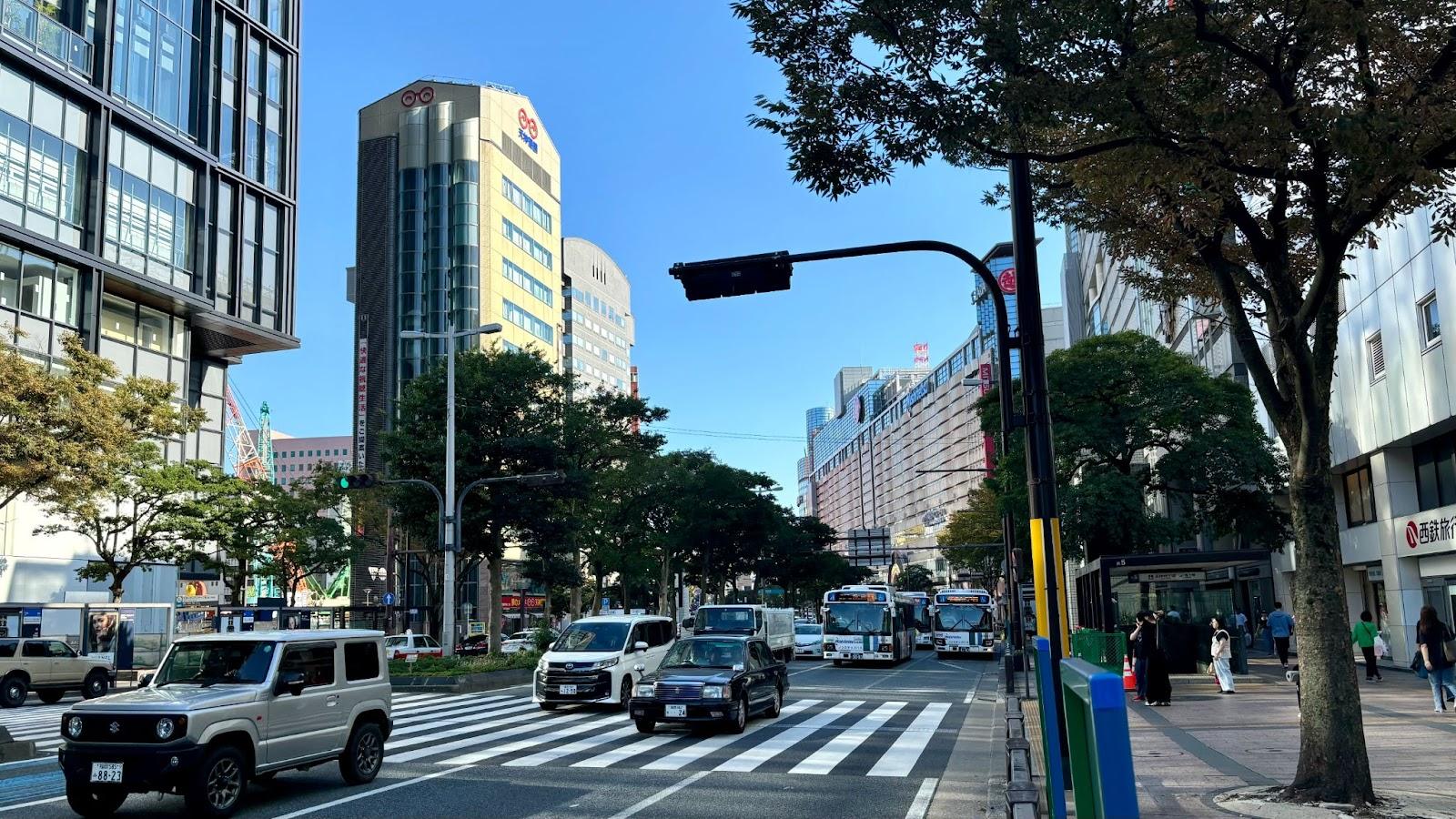
Tenjin, Chuo-ku ward
Property Recommendations
For single living, we recommend 1DK or 1LDK apartments.
1 : one bed room
D : dining
K : kictchen
L : living room
Transportation
Subway
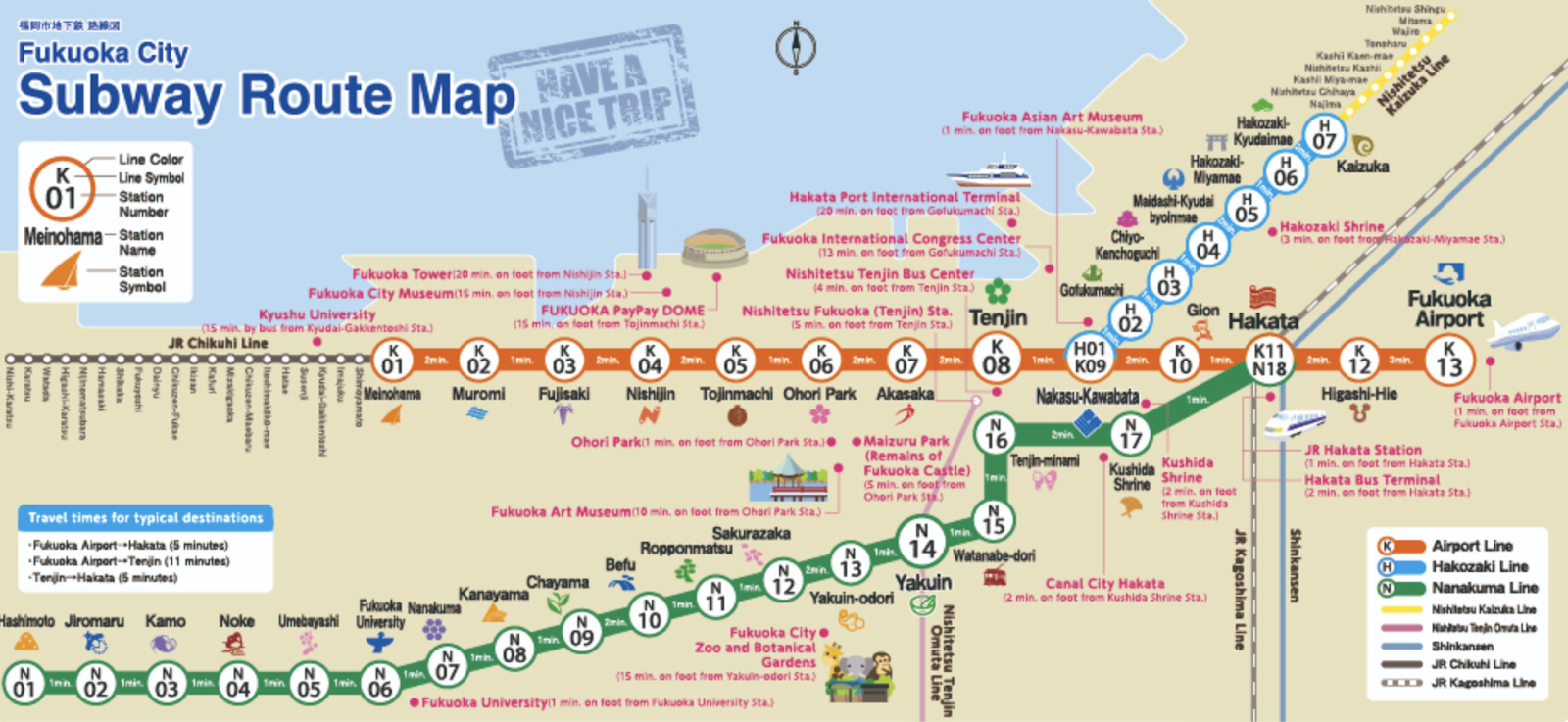
Reference : Fukuoka Subway Route Map
There are three subway lines; Airport (orange), Nanakuma (green) and Kaizuka line (blue).
One of Fukuoka’s logistics advantages is that the airport is very close to downtown; 5 min subway to Hakata JR station and 15 min to downtown Tenjin.
Besides the city subway, there are several public transportations available in the Fukuoka city area such as Bus, Japan Railway and Nishitetsu railway.
Also, there is a rental bicycle available which you can ride with a smartphone application; ChariChari.

JPY7 per minute and JPY17 per minute for electric hybrid bicycles.
There is no I in Fukuoka but there is a U!
Feel free to drop by anytime or shoot us a message. We look forward to hearing from you and supporting you on this exciting and wonderful journey.
Global Business Support
Opening hours: Everyday 10:00-17:00 (Days closed : New Year’s holidays)
Location:
Fukuoka Growth Next 1F, Global Business Support
2-6-11 Daimyo, Chuo-ku, Fukuoka 810-0041
*The entrance to Fukuoka Growth Next is on the south side of the building. .
As there is no on-site parking or bicycle parking available, we kindly ask that you utilize nearby parking facilities or bicycle parking areas.
Contact Information:
Tel: 070‐8406-7169
Mail: info@global-fgn.com


